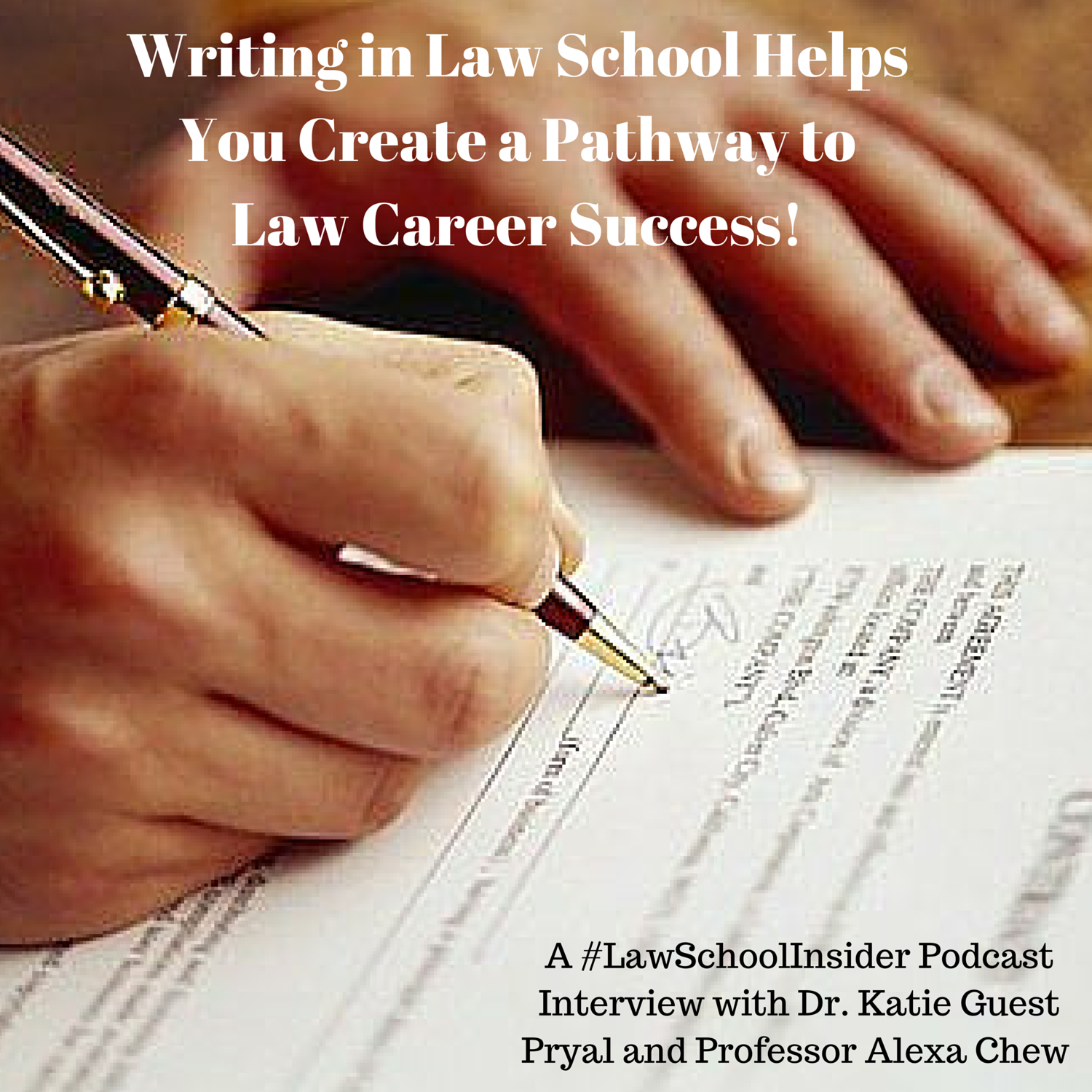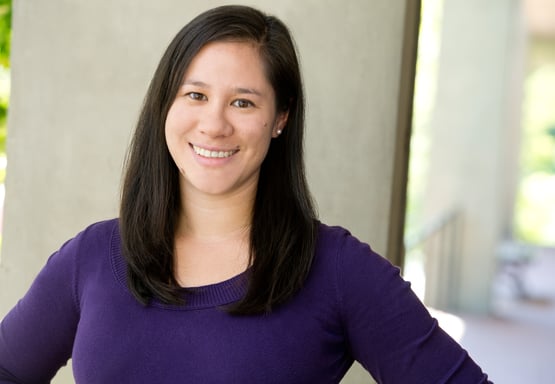Writing in Law School Helps You Create a Pathway to Law Career Success!

This week in the Law School Insider we have two great guests joining us to talk to us about the importance of becoming a strong writer in law school to be a successful lawyer in your career.
Dr. Katie Guest Pryal
Dr. Katie Guest Pryal and Professor Alexa Chew of the University of North Carolina School of Law offered their expertise on this topic and provided all of you a road map that will help you to find this success.

Professor Alexa Chew
Both Katie and Alexa just recently published a brand new book. The Complete Legal Writer and it is in this book that they have created a very practical plan to help law students to think differently and learn more from the writing that they do in their classes.
Both Katie and Alexa mentioned that students come to law school pretty immersed in a specific discipline of study from their previous undergraduate or graduate work. The issue is that in these other disciplines students are taught to write in ways that are very different than what is expected in law school.
The goal of law school professors is that they have to try to connect what they had to write about in the past & what they are writing in law school. This is important because when students rise to the challenge of connecting in this way, the entire experience that you will have in law school is enhanced!
I had asked both guests about what students can do while attaining their undergraduate degree to make the transition smoother.
- Start reading, listening and watching different types of legal document types, documents, etc.
- Start reading, listening and watching different types of legal document types.
- Look at the last 10 court opinions from the appellate courts in the State in which you want to practice and/or that interest you.
- You can find many court opinions readily available now on Google.
Don't worry if you do not understand what you are reading. As you read more you will start to capture more and comprehend more.
As you read more you will start to pick up:
- Vocabulary
- Language patterns
- Structural patterns of the arguments
- Kinds of support that legal writers use
Some other things that you can do is look online and watch examples of oral arguments at the trial and appellate levels. This will allow you to see lawyers and how they interact with judges and other lawyers. This is especially important when you cannot go to court yourself to see this happening live.
When I asked our guests about what you should be learning in a legal writing course they mentioned that their answers may not be the same as all legal scholars.
They did explain that most will agree though that as a student you need to be able to leave the course knowing the process for researching legal problems and being able to articulate answers to problems.
In addition, our guests hope that there is a process of genre discovery that happens in your course as well. As this happens you will learn how to write on familiar documents such as trial documents, appellate documents or a client letter. You will also have the opportunity to study samples of new types of documents, being able to look for any commonalities among the different types of documents and end up with something of a checklist to refer to that will help you in law school and your future career.
The Complete Legal Writer is a book that provides you with eleven chapters and eleven document types that cover the litigation life cycle and are explored in depth.
If you want a copy of The Complete Legal Writer, check it out today on Amazon!
Did you like this interview? Leave a comment below to let me know!
Are you a practicing lawyer? A law student? Would you like to be a guest on an upcoming episode of the Law School Insider? Send me an email at lawschoolinsider@cooley.edu
